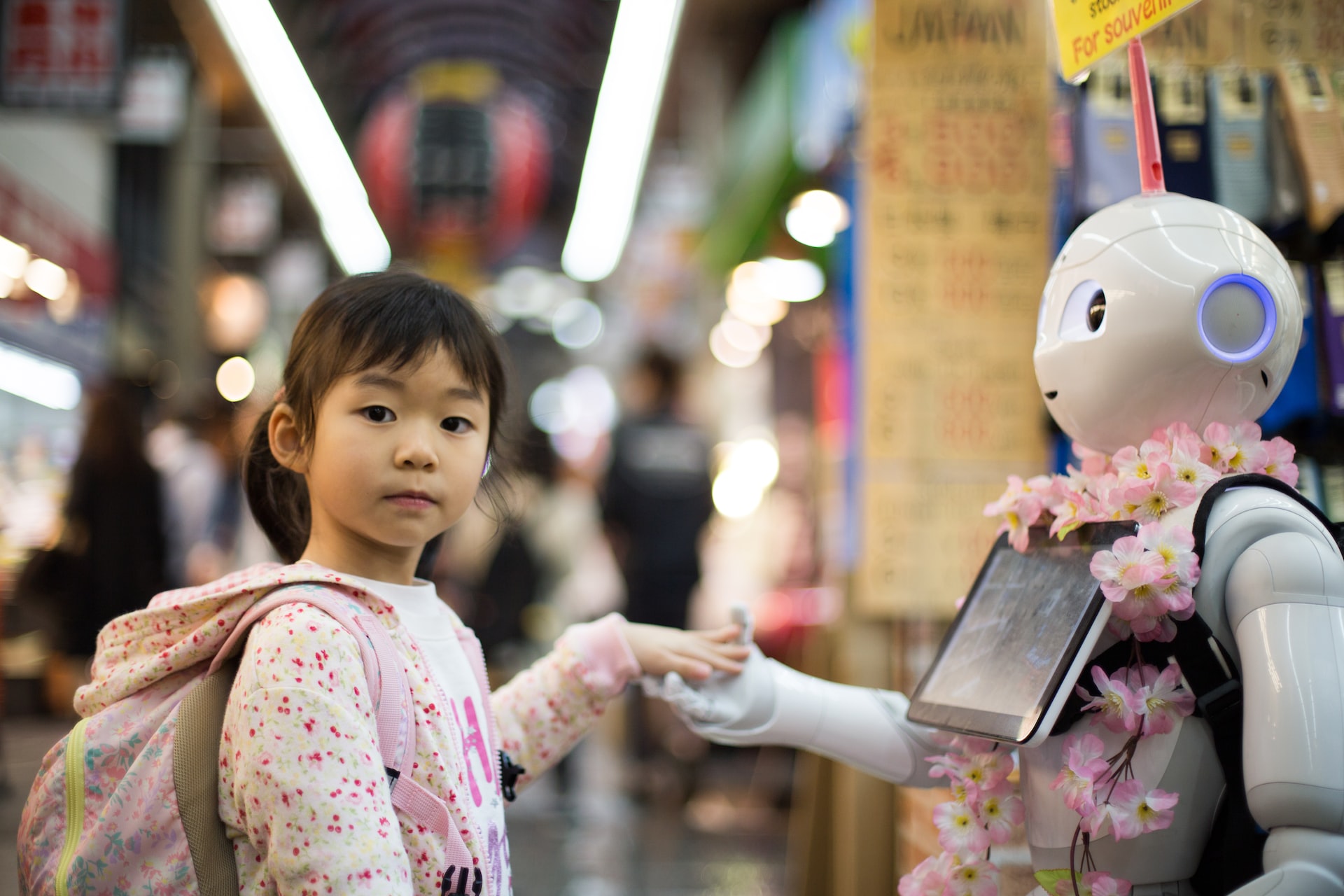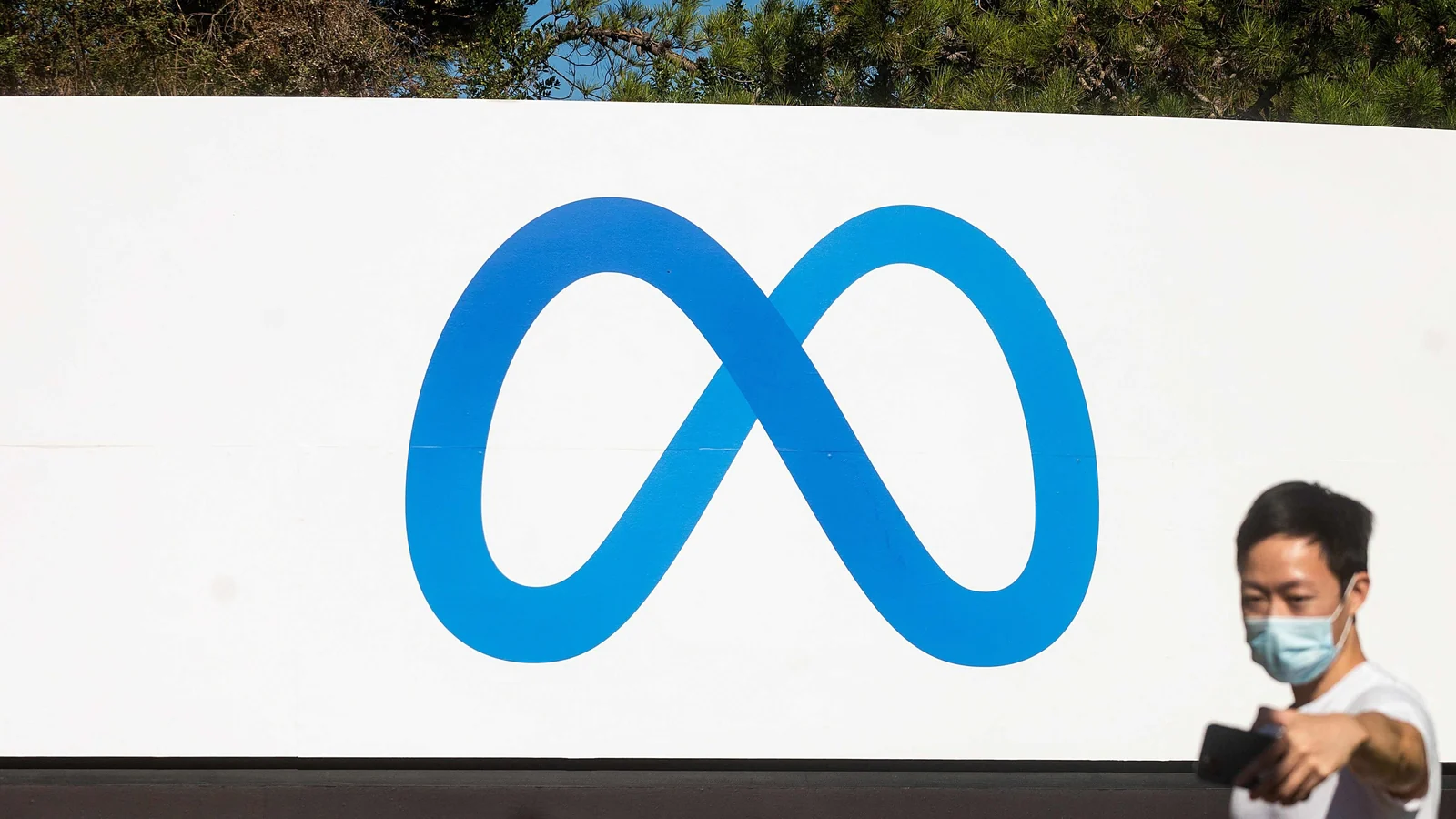The advancement of AI
The advancement of AI will have a profound impact on the future of human life. Currently, AI is being used to create better algorithms, to process data faster and to make decisions.
The history of AI
The term “artificial intelligence” was first coined in 1956, at a now-famous Dartmouth College conference convened to discuss the “simulation of higher intelligence by machines.”
Since then, AI has become one of the most exciting and fast-moving fields of science and technology, with rapid progress inMachine Learning, natural language processing (NLP), computer vision, and many other AI subfields.
The AI field traces its roots back to a handful of influential concepts and ideas. One of the most important is the Turing Test, developed by British mathematician Alan Turing in 1950. The test is designed to determine whether or not a machine can exhibit intelligent behavior that is indistinguishable from that of a human being.
In recent years, the Turing Test has been passed by several AI programs, most notably by an artificial agent named Eugene Goostman in 2014. However, some critics argue that the test is no longer an accurate measure of machine intelligence, as it does not take into account important factors such as emotional intelligence or common sense.
Another key concept in AI is the idea of artificial general intelligence (AGI). AGI refers to a machine that possesses the same general level of intelligence as a human being across a range of tasks. This is in contrast to narrow AI, which refers to machines that are only capable of completing a single task or a narrow range of tasks (such as facial recognition or playing chess).
The quest for artificial general intelligence is one of the main goals of the AI community, and significant progress has been made in recent years towards this goal. In 2012, an artificial agent named Eugene Goostman became the first machine to pass the Turing Test, convincing 33% of human judges that it was human. In 2016, an AI system named AlphaGo defeated Lee Sedol — one of the world’s best players — in a game of Go, an ancient Chinese board game that is considered far more complex than chess.
These and other milestones are evidence that we are slowly but surely moving closer to the goal of artificial general intelligence. However, there is still much work to be done before AGI is achieved; some experts believe it could be many decades before we see machines with true human-level intelligence.
The different types of AI
There are four different types of AI that are commonly used today:
-Reactive AI: Reactive AI is the most basic form of AI. It can only react to the environment and make decisions based on pre-programmed rules.
-Limited Memory AI: Limited memory AI can remember and use past experiences to make decisions. This type of AI is often used in robotics.
-Theory of Mind AI: Theory of mind AI is able to understand human emotions and intentions. This type of AI is still in development but has great potential for future applications.
-Generalized AI: Generalized AI is the most advanced form of AI. It can learn and solve problems on its own, without human input.
The impact of AI on human life
AI is drastically changing the human lifestyle and it is expected to have even more impact in the future. With the help of AI, people can now live a healthier and more comfortable life. For instance, AI can help people to monitor their health condition and provide them with necessary information and assistance.
The pros of AI
The impact of AI on human life is both positive and negative. On the one hand, AI can help humans by automating tedious tasks, increasing efficiency and accuracy, and reducing costs. On the other hand, AI can also threaten humans by taking away jobs, causing social isolation, and leading to ethical concerns. As we continue to develop AI technology, it is important to consider both the pros and cons of AI in order to ensure that we are using it in a way that benefits humanity as a whole.
Some of the positive impacts of AI include:
1. Job automation: Many jobs that are currently done by humans can be automated by AI, freeing up time for people to do other things.
2. Increased efficiency and accuracy: AI can often do tasks faster and more accurately than humans, leading to increased productivity.
3. Reduced costs: Automating tasks with AI can often save companies money in labor costs.
4. improved healthcare: AI can be used to diagnose medical conditions more accurately and efficiently, leading to better patient outcomes.
5. Enhanced security: AI can be used to monitor large areas for security purposes and to quickly identify potential threats.
The cons of AI
There are several potential risks associated with the increasing use of artificial intelligence in our society. These risks can be divided into three main categories: personal, societal, and existential.
Personal risks include things like data privacy and security, as well as the potential for AI to be used to manipulate or control individuals. Societal risks include things like job loss and economic disruption, as well as the potential for AI to exacerbate existing social inequalities. Existential risks are perhaps the most significant, and include things like the possibility of intelligent machines becoming uncontrollable and poses a threat to the existence of humanity.
While there are many potential benefits to the increasing use of artificial intelligence in our society, it is important to be aware of the risks involved so that we can mitigate them.
The competition between human and AI
It is an era of the fourth industrial revolution in which the line between the physical, digital and biological spheres are blurred and humanity is facing the competition with Artificially Intelligent Machines. The advent of AI brings both opportunities and challenges for humanity in the future.
The future of human
We are in the early stages of a new era where AI is starting to impact not just some jobs, but all jobs. There is a growing body of evidence that suggests that AI will increasingly complement humans in the workplace and that the highest performing organizations will be those that embrace this technology.
In this new era, businesses will need to move from a model of technology adoption to one of co-creation, where humans and machines work together to create value. This shift will require organizations to rethink their approach to work, from the way they organize themselves and use talent, to the way they develop and deploy technology.
The future of AI
In the near future, AI will become infinitely more powerful and smarter than any human. What does this mean for the future of humanity?
The rapid rise of AI is inevitably leading to a future where machines are smarter than humans. Some people believe that this will be a good thing, as it will free up humans to live fuller and more enjoyable lives. Others believe that it could be disastrous for humanity, as super intelligent machines may see us as a hindrance or even a threat.
There is no way to know for sure what will happen when humans are no longer the smartest beings on Earth. However, it is important to consider both the potential benefits and risks of this future scenario. Only by doing so can we make informed decisions about how to best prepare for it.




